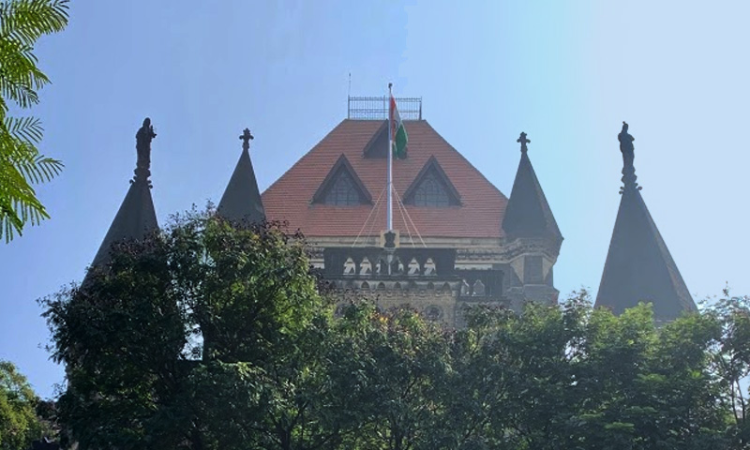SPA Which Gives Option To Resell Shares To Vendor, Not A ‘Forward Contract’: Bombay High Court
Parina Katyal
11 Feb 2023 8:07 AM IST

Next Story
11 Feb 2023 8:07 AM IST
The Bombay High Court has ruled that a Share Purchase Agreement (SPA), which gives an option to the purchaser to require the seller/vendor to repurchase the shares on the occurrence of a contingency, does not constitute a ‘forward contract’ and thus, the same is enforceable. The bench of Justices K. R. Shriram and Rajesh S. Patil, were dealing with an arbitral award, where the...
